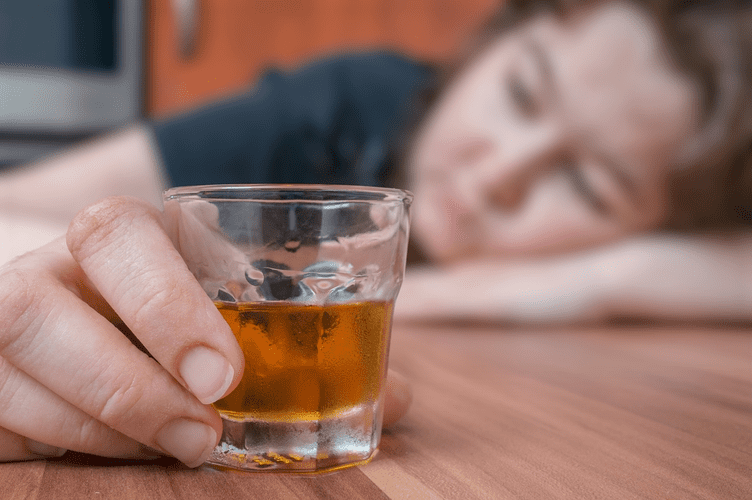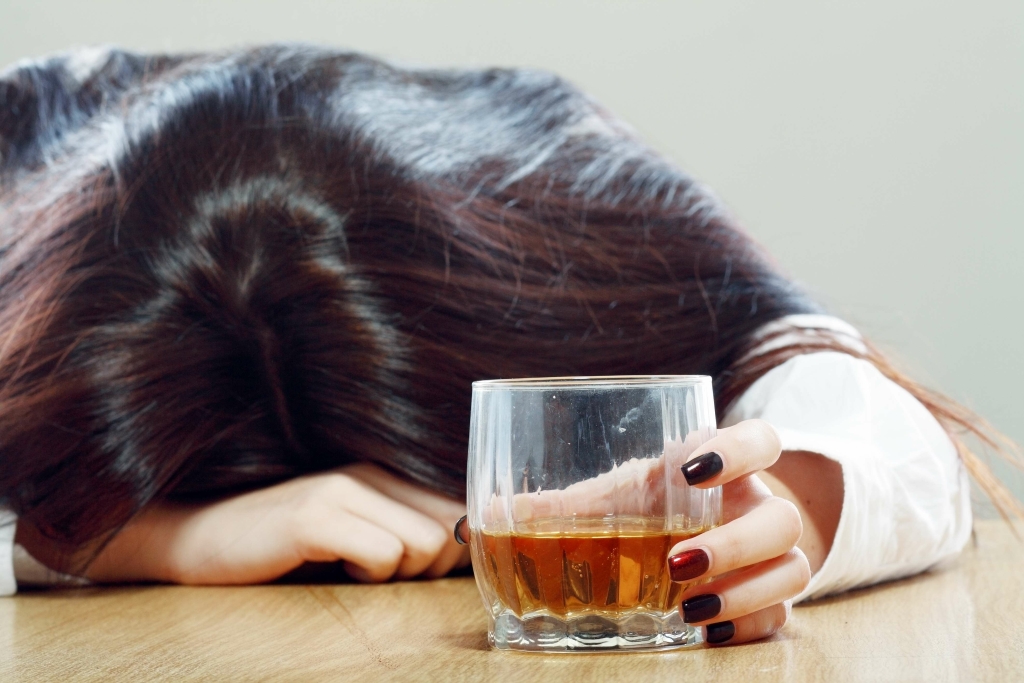Content
The most common symptoms of alcohol intolerance are nasal congestion and skin flushing. More serious symptoms are wheezing, worsening of asthma, rashes, headaches, stomach pain, nausea and heartburn. If you experience nausea, breathing problems or break out in hives after drinking alcoholic beverages, you might be allergic to alcohol. Some people are sensitive to the histamines and sulfites in red wineSo what if you’ve taken a DNA test and you don’t have the gene variants, can you develop alcohol intolerance? There are other substances in alcohol that can cause your body to react. People with alcohol intolerance have enzymes that don’t work fast enough or don’t work together, so acetaldehyde accumulates. Sadly, when there’s too much acetaldehyde in your bloodstream, it has side effects, which are the symptoms of alcohol intolerance (e.g., nausea, flushing, hives, etc.).
Why do people drink alcohol?
A number of different motives for drinking alcohol have been examined, including drinking to enhance sociability, to increase power, to escape problems, to get drunk, for enjoyment, or for ritualistic reasons. Despite this diversity, most research has focused on two broad categories of motivation.
Healthline has strict sourcing guidelines and relies on peer-reviewed studies, academic research institutions, and medical associations. Red wine tends to have higher levels of histamine than white wine or beer. Anaphylaxis, which is a severe reaction that can include a rapid, weak pulse, nausea, and vomiting. If you have this, swelling, or trouble breathing, call 911.
What Is an Alcohol Allergy?
Unfortunately, the only treatment for alcohol intolerance is avoiding alcohol. No drug will help you avoid the symptoms of alcohol intolerance or lessen your cancer risk. Alcohol intolerance is a real condition, but it can sometimes be confused with other related conditions, such as allergies or drug interactions with alcohol. Having an alcohol intolerance is a genetic condition that means your body cannot process alcohol correctly.

And the condition does not increase your blood alcohol level, either. Often, people with alcohol intolerance drink less, because the symptoms they experience are so unpleasant. You may notice that even after drinking a small amount of alcohol, you don’t feel great. These might be signs of alcohol intolerance, an inherited disorder.
What Causes Itching Between The Fingers After Drinking?
There are a lot of ingredients, additives, and preservatives in beer that can cause severe allergic reactions in some people. As mentioned above, symptoms of a beer intolerance can look like an allergic reaction, even if it isn’t actually one. If someone believes they have an alcohol allergy or intolerance, they should stop drinking alcoholic drinks and visit their healthcare provider for testing and advice. In these cases, it’s crucial to see a doctor and determine the root cause of the allergy, as it may not just be alcohol, and the best way to cope. Just as there are no true cures for pollen or food allergies, there is no cure for an alcohol allergy. In fact, treatment for an alcohol allergy will focus primarily on any present symptoms (i.e. alleviating rashes with a topical cream).
What is slang for drunk?
hammered (slang) steaming (slang) wrecked (slang) soaked (informal) out of it (slang)
A skin patch test is done by attaching a pad containing the solution for a certain period of time. An allergy prick test is done by pricking the skin with a needle after applying a solution containing the suspected allergen. Stomach cramps and nausea are signs that the beverage you are enjoying may not be enjoying you. National Institute of Diabetes and Digestive and Kidney Diseases.
Sparrow & Community Health Column 3
If in doubt, ask your allergy specialist for advice about the types of alcoholic beverages you can or cannot drink. A reaction to high-histamine foods could be a sign of histamine intolerance. Your body has two enzymes that are supposed to break down histamine, but sometimes they don’t work as well as they should.
An intolerance to alcohol is also much more common than an allergy. But when is it simply the side effects of drinking too much, and when is it a sign that you might be allergic to alcohol?
What are symptoms of alcohol intolerance?
If you have any type of food allergy, it is important to be careful about the alcoholic beverages you drink. It helps to read the product label, although many ingredients used in the fermentation or distillation process may not be included.
- The change caused by alcohol intolerance makes it impossible for the body to break down acetaldehyde as it should, causing this chemical to build up in the body.
- Alcohol allergies can cause your throat to feel tight, as if it’s closing up a bit.
- In addition to physical and mental impairment, flushed skin, nausea, and headaches are typical bodily reactions to alcohol consumption.
- Verywell Mind uses only high-quality sources, including peer-reviewed studies, to support the facts within our articles.
- Why some people experience allergic reactions to alcohol – when small amounts are already produced by the body naturally – is yet unknown to researchers.
- Avoid the beverage or beverages that seem to cause your reaction until your doctor’s appointment.
But, if it happens after drinking, without any other weird lifestyle or dietary changes, there’s a high probability that the symptoms are linked to those wine spritzers. Alcohol allergies can cause your throat to feel tight, as if it’s closing up a bit. You can experience wheezing, shortness of breath, and coughing fits because of this, says Dr. Glatter. You’ll have those same symptoms and a more intense reaction, wheezing, difficulty swallowing, low blood pressure, and heart palpitations, he says.
Alcoholic beverages tend to have many ingredients and it could be a food allergy to one of the ingredients in the drink that causes the reaction. You could be reacting to barley, gluten, grapes, histamines, hops, sulphites or a number of other substances. Many people think that can you be allergic to alcohol alcohol allergy and alcohol intolerance are the same thing, but they’re not. In fact, only alcohol intolerance causes the alcohol flush reaction. When people search for alcohol allergy, most people actually mean alcohol intolerance, and this is what we’re discussing today.
For example, maybe you get a slightly stuffy nose when you drink alcohol. But if your nose, mouth, and throat swell up to the point it becomes difficult to breathe, it is more likely an allergic reaction to the alcohol consumption. Wine, beer, vodka, and alcohol allergies, in general, are extremely rare.
Wine contains more than one potential allergen source, including proteins, bacteria, yeast, and organic compounds. Specifically the protein allergen LTP is found in the skin of grapes, making red https://ecosoberhouse.com/ wine more likely to cause an allergic reaction than other types. Alcohol allergy can be diagnosed using allergy testing specifically for alcohol and the sources that alcohol often comes from.

